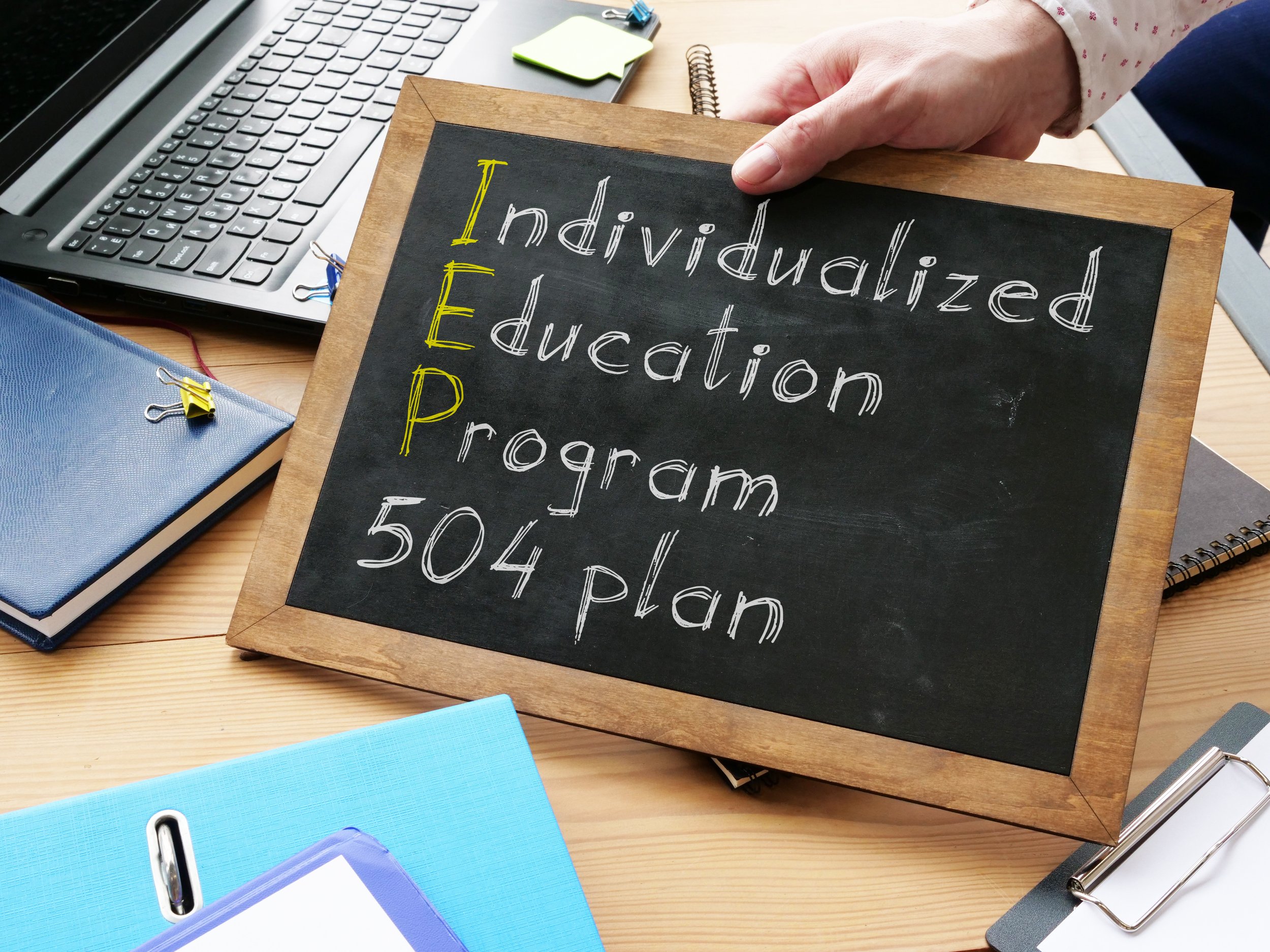Declarative Language and Your Child’s IEP or 504 Plan
Our current 8-week Declarative Language Workshop ended this past Thursday. The last class is always bittersweet for me because of the way our groups come together over the course of the workshop. By the end, everyone knows each other a bit more and feels comfortable in our shared space. We have enjoyed stories and anecdotes about each other’s kids or students (that we can usually all relate to in some way!), and we all have learned from each other’s experiences and insights.
It is amazing to see the growth across our time together, which includes growth for me and my workshop partner, Lizz Ramirez too! Lizz and I are always given new things to think about, and new applications for DL to consider, that we then look forward to sharing with other families and professionals in future opportunities.
Here is one example that I thought was important to share with our community here: How to incorporate declarative language in your child’s IEP or 504 Plan.
Did you know that declarative language can be written in the accommodations section of an IEP? Or added to a 504 plan? If language style makes a big difference for your child or student, you can ask for this so that your child’s teachers learn about declarative language and use it in the classroom.
Here is my exchange with the parent who initiated this topic. Her child is in middle school:
-------------------
I was hoping to get some feedback on this proposed language for our child’s IEP. At the very least, I'd like his teachers to see this type of language suggested as it's really working to help John be his best self at home. Examples:
“John, I notice you haven’t started your assignment. I’m wondering if you have a question.”
“John, I’m wondering if you would be more comfortable completing this assignment at home this evening.”
“John, I’ll show you how to do the first math problem. After I do that, you can try the next one.” (This one also incorporates co-regulation!).
“I’m noticing that you sound frustrated.”
-------------------
In thinking about how to use declarative language best, it always helps me to get specific!
My response:
These are great so far!! Could you give me a few specific situations where you could imagine him needing help or where he has gotten into trouble before, and I'll add a few more ideas?
Parent response:
The biggest things would be avoiding getting work done or getting argumentative with a teacher. I think if I could help them with strategies to help John respond in an expected manner, it will have a positive impact on his school experience.
My response:
I'm thinking too, that he may get argumentative because the work is (or he perceives it to be) hard/challenging in some way. So - I would really emphasize support and guidance with declarative language (vs. him having to figure things out on his own in the moment, which may be too big of a demand right then and there). The declarative statements you wrote are all a great fit for this situation! Here are some more:
“I can see you're having trouble getting started and I'd love to help. Let's figure out together what part of this feels harder for you.”
“I'll show you how to do this first one, and will watch while you do the next one, to make sure you feel comfortable, before I walk away.” (partner and pull in co-regulation!)
“I'll come back in about 3-5 minutes to see how you're doing. I am here to help if you need me.”
“You are doing a great job with this new math concept. I remember once you get going, you are usually pretty good at this stuff! But, I know new math ideas can feel tricky at first. Lots of kids feel that way.” (pull in episodic memory)
John’s mom thought these examples would work well for him, and she planned to share them with his school team.
As you advocate for your child, keep in mind that many educators do not know about declarative language & co-regulation or realize how powerful they can be. They use imperative language and questioning because they don’t yet know there is a better way! YOU know your child best, and have the unique opportunity and privilege to introduce this positive teaching approach - that you know makes a huge difference for your child – to others. Share my articles, books, and entries from this blog with others so we can keep spreading the word.
Have a great week!
If you like my Sunday Snippets of Support, you can receive them directly to your inbox here.


